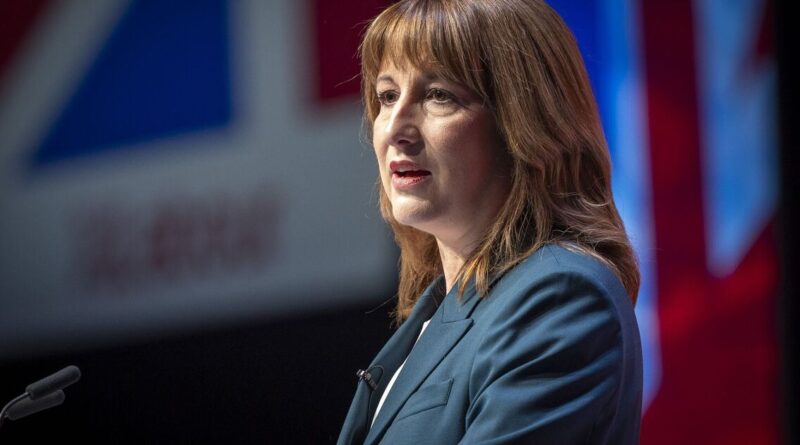Data blunder hands Rachel Reeves £3bn Budget boost | Personal Finance | Finance
Rachel Reeves has been given an unexpected Budget windfall – after officials admitted they overstated Britain’s borrowing by a staggering £3 billion. The error, blamed on faulty VAT data supplied by HMRC, means the Chancellor has slightly more wriggle room as she prepares a Budget next month. But the news does little to ease the pressure on her to find up to £40 billion to fill the nation’s financial hole.
According to the Office for National Statistics, borrowing has been miscalculated for months – with errors running between £200 million and £500 million a month since January. In total, public borrowing for the year to March 2025 was actually £1 billion lower than first thought, and figures for this financial year have been revised down by another £2 billion.
James Benford, director general of economic, social and environmental statistics at the ONS, said: “I would like to thank HMRC for bringing the data error to our attention; this timely and transparent communication was vital for identifying the issue and correcting the record quickly.
“We have published this correction at the earliest possible opportunity. The impact of the correction is to reduce government borrowing by around £1 billion in FYE (financial year ending) March 2025 and impacts monthly borrowing in the current financial year by between £200 million and £500 million per month.”
Despite the welcome boost, Ms Reeves still faces a daunting task as she prepares her second Budget – with City experts warning she must still find between £20 billion and £40 billion in spending cuts or tax rises to balance the books.
Speaking at Labour’s conference in Liverpool last week, the Chancellor warned of “harsh global headwinds” buffeting the economy and refused to rule out fresh tax hikes. She said she would “not take risks with the trust placed in us by the British people” and insisted she would keep a tight rein on public finances.
Speculation is mounting that Ms Reeves could raise taxes on wealth and assets, while also considering whether to lift the controversial two-child benefit cap, introduced by George Osborne.
The measure, branded “cruel” by campaigners, is seen as one of the most effective ways to lift children out of poverty – but could cost billions to reverse. A government spokesperson said: “This revision means the ONS has reduced its borrowing figures down for 2025/26 by £2 billion.
“The revision does not affect any interactions with taxpayers and HMRC is conducting a robust review to prevent it happening again.”
The correction offers only a modest reprieve for Ms Reeves, who is still facing the most difficult fiscal balancing act in decades – juggling fragile growth, rising welfare costs, and mounting pressure to deliver Labour’s promises without a full-blown tax raid.





